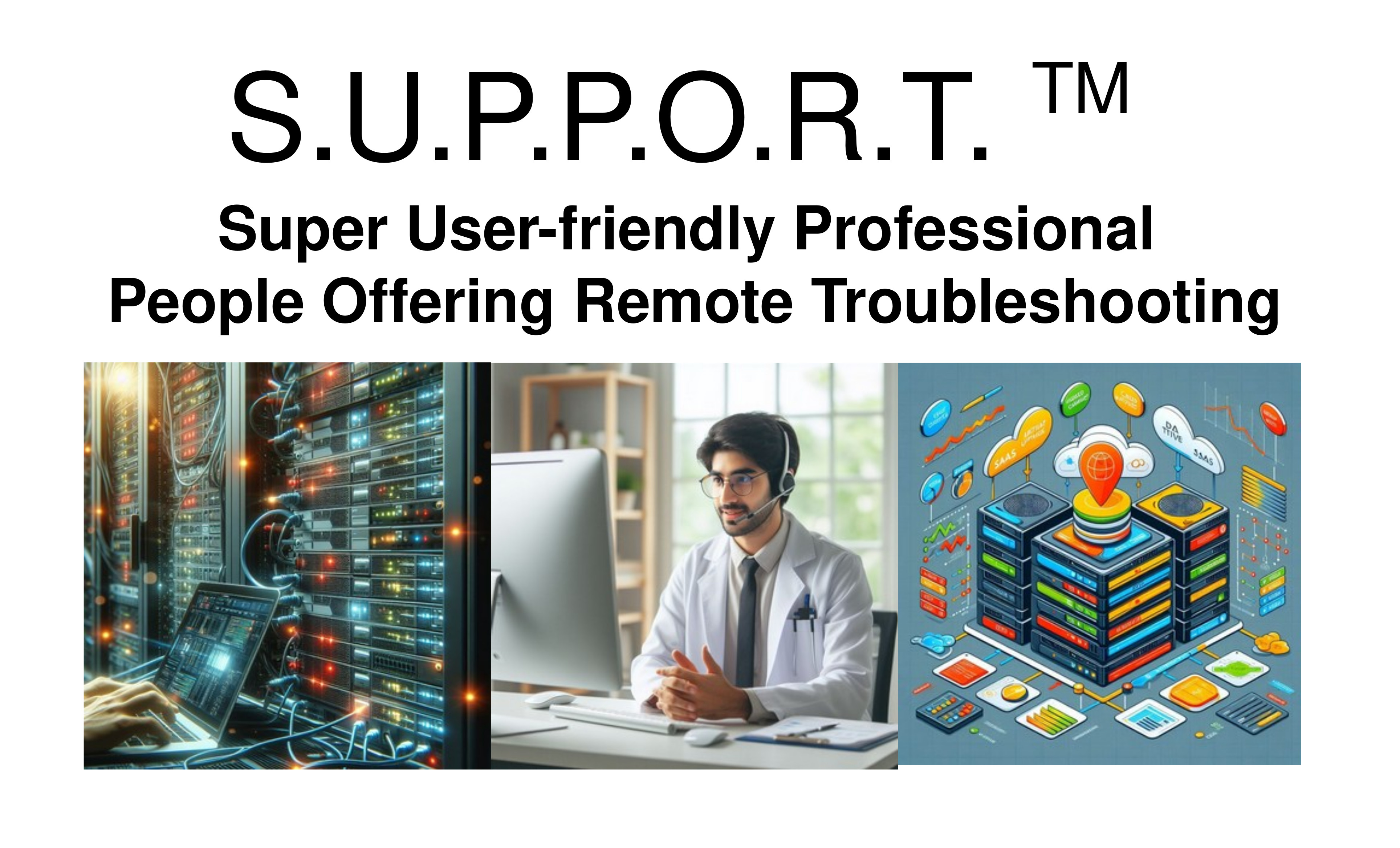
Expert Support
With experts having over 4 decades of experience guiding
our support engineers in the field and those providing
remote support, we provide unparalleled ICT support to your
business.

Onsite Visits
We offer monthly onsite visits to ensure smooth and
uninterrupted ICT operations.

Remote Assistance
Our remote support team is always
available to solve issues quickly and efficiently.
Some of the services which our support
providers can provide to Small and Medium Enterprises (
SMEs )
1. Network Infrastructure Management
-
Network Setup and Configuration: Installing and configuring routers, switches, and firewalls to ensure seamless network operations.
-
Network Troubleshooting: Diagnosing and resolving issues related to network connectivity, speed, or performance.
-
LAN/WAN Support: Managing local area networks (LAN) and wide area networks (WAN), ensuring proper communication and security between different network devices and locations.
2. Hardware Maintenance and Support
-
Server Maintenance: Performing preventive maintenance on servers, including physical inspections, software updates, and hardware upgrades.
-
PC/Workstation Setup and Troubleshooting: Ensuring workstations, laptops, and desktops are properly set up, optimized, and functioning, including troubleshooting hardware failures.
-
Printer and Peripheral Setup: Installing, configuring, and maintaining printers, scanners, and other office equipment.
3. Cloud and Virtualization Support
-
Cloud Management: Overseeing the use and integration of cloud-based services (such as AWS, Azure, or Google Cloud) to ensure that they align with business needs.
-
Virtual Machine Support: Managing virtual environments (VMware, Hyper-V) by monitoring performance, performing upgrades, and troubleshooting any issues.
4. Data Backup and Disaster Recovery
-
Backup Solutions Implementation: Setting up and managing data backup systems to ensure critical business data is securely backed up and retrievable.
-
Disaster Recovery Planning: Developing, testing, and implementing disaster recovery procedures to ensure business continuity in case of system failures or data loss.
5. Security and Compliance
-
Cybersecurity: Installing and configuring antivirus software, intrusion detection/prevention systems, and firewalls to safeguard the company's ICT environment.
-
Vulnerability Scanning: Regular scans of systems to detect vulnerabilities or weaknesses in security protocols.
-
Compliance Audits: Ensuring that the ICT infrastructure adheres to industry-specific regulations (such as HIPAA for healthcare, PCI for financial services, etc.).
6. On-Site Support and Troubleshooting
-
Help Desk Support: Providing hands-on support for employees with software and hardware issues that cannot be resolved remotely.
-
System and Software Updates: Performing manual updates for operating systems and applications to ensure that all software is up-to-date and secure.
-
Troubleshooting Critical Systems: Addressing urgent issues that require an on-site presence, such as server outages, network disruptions, or critical hardware malfunctions.
7. Infrastructure and System Monitoring
-
System Performance Monitoring: Using monitoring tools to ensure that the network and systems are running optimally, identifying bottlenecks, and implementing solutions to improve performance.
-
Reporting: Generating weekly reports on system status, security incidents, performance metrics, and service requests.
8. Project-Based Work
-
ICT Projects Implementation: Assisting with or leading special ICT projects such as software migrations, infrastructure upgrades, or new system deployments.
-
Client or Internal Training: Providing training on new systems or ICT best practices to employees to ensure proper usage and security.
9. Hardware and Software Procurement Support
-
Recommendation and Purchase Assistance: Assisting in the procurement of hardware and software based on the company's needs, ensuring compatibility and cost-effectiveness.
10. Documentation and Process Improvement
-
Documentation: Maintaining up-to-date documentation on system configurations, network diagrams, and ICT infrastructure.
-
Process Optimization: Identifying inefficiencies in the company’s ICT processes and suggesting improvements for more streamlined operations.
